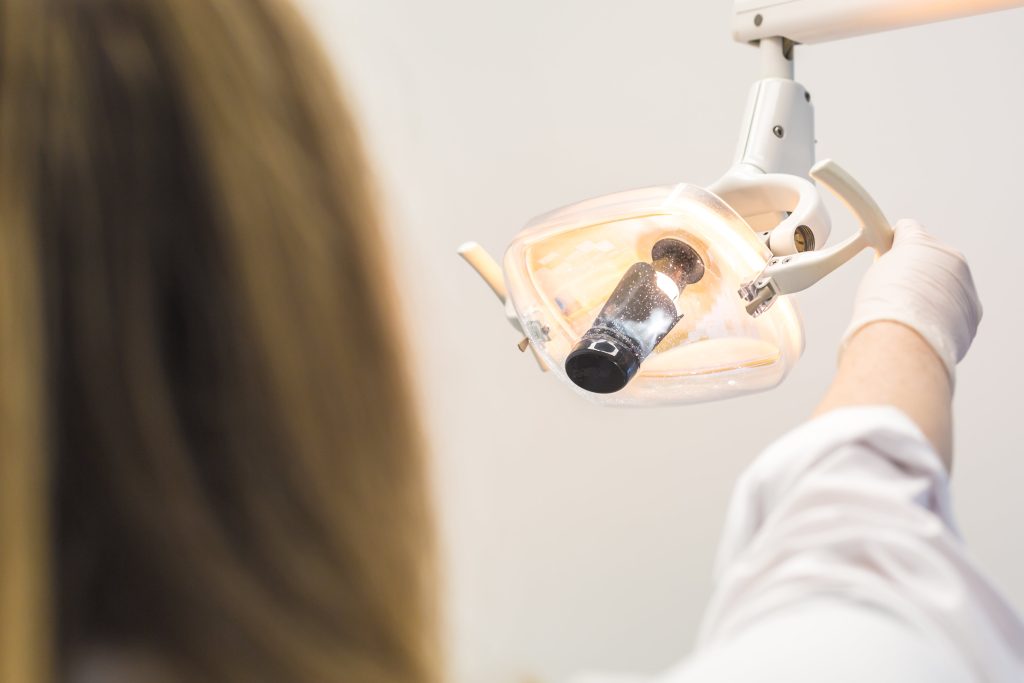
Would you like to introduce yourself and say what your profession is and what projects you are involved in?
I work at the Fatebenefratelli ophthalmic hospital in Milan, dealing mainly with cornea. In the past, I did a year at the University of Brescia where I took part in a master’s course in narrative medicine and followed an international narrative medicine project on aniridia, a rare eye disease, the ‘absence of the iris’. In addition to this, I am also involved in corneal transplantation.
Would you like to tell us about your narrative medicine project on aniridia?
In the international project on aniridia, in which I collaborate with other professionals, it is very important. It allows me to see aspects that as a doctor I deal with relatively. Often, in fact, we doctors dwell on the side that is purely scientific, so, brutally, ‘if you have a problem I have to solve it for you’; narrative medicine, on the other hand, allows you to understand what the patient’s needs are, what it means to have that disease, and forces you to think about aspects that the doctor usually prefers not to think about because you touch the patient’s suffering in its entirety, as for example in the case of patients with aniridia.
The ophthalmologist feels helpless and is therefore insensitive to the patient because the patient at that moment does not just want the definitive cure but wants to be treated as a human being, listened to and comforted.
With regard to cornea transplantation, how can you tell us about it?
The cornea is a tissue that must be considered suitable, all parameters must be validated, and only then can one proceed. One starts with a donor, which is always a deceased person.
In order to be able to donate corneas, one needs the consent of the living donor, which today is usually requested at the registry office of the municipality. Many times, however, it turns out after death that the person never gave consent, so this must be asked of relatives.
The most important thing is to raise awareness of organ and tissue donation, even though Italy is fairly well supplied compared to other European countries. In the case of cornea transplants, relatives are sometimes reluctant to give consent because they think it will change the physiognomy of the deceased’s face; they are afraid of being frightened when they see him for the last time at the mortuary. In reality, only the tissue part is taken and then a conformer is used, which is put under the eyelid and gives the volume, some of which was lost from the eye after extraction.
The corneas are evaluated by the eye bank to understand and assess their quality.
If the doctor has more choice, he can afford to make a good selection and provide better quality.
Transplantation gives patients a new lease of life. The operation can also be done on just one eye, and the procedure does not take long. At the moment, there is no artificial equivalent, work is being done to this end and also not to be so dependent on donations, but a worthy substitute has not yet been found. Raising awareness is important, it is part of society and can start from an early age.
Do you think that narrative medicine can be useful in conveying greater awareness of their choices in people, whether they are donors or recipients, regarding the topic of transplantation?
Certainly it can be useful for both. It can be important for the recipient, for the reasons we have just mentioned. For the donor it can also make a difference, although it is not easy because how do you approach the cornea donor? Potentially they could all be cornea donors, so the point here is not so much to focus on the donor but more on the family.
To understand more about the patients, I give two examples:
One gentleman, who was in danger of losing his eye, asked me when it would be possible to start driving again, I was stunned and even a little sceptical and replied that it was the least of our problems, but, I immediately changed my mind because he told me that being able to drive, for him, meant being able to take his wife to oncological check-ups.
Another patient told me that if he had not had the opportunity of the transplant, he would have had to ask his son for favours.
So, in summary, regaining one’s sight becomes a matter of dignity and independence, which seem, for these people, to be values that outweigh even the overwhelming happiness that overwhelms them when they regain their sight.
